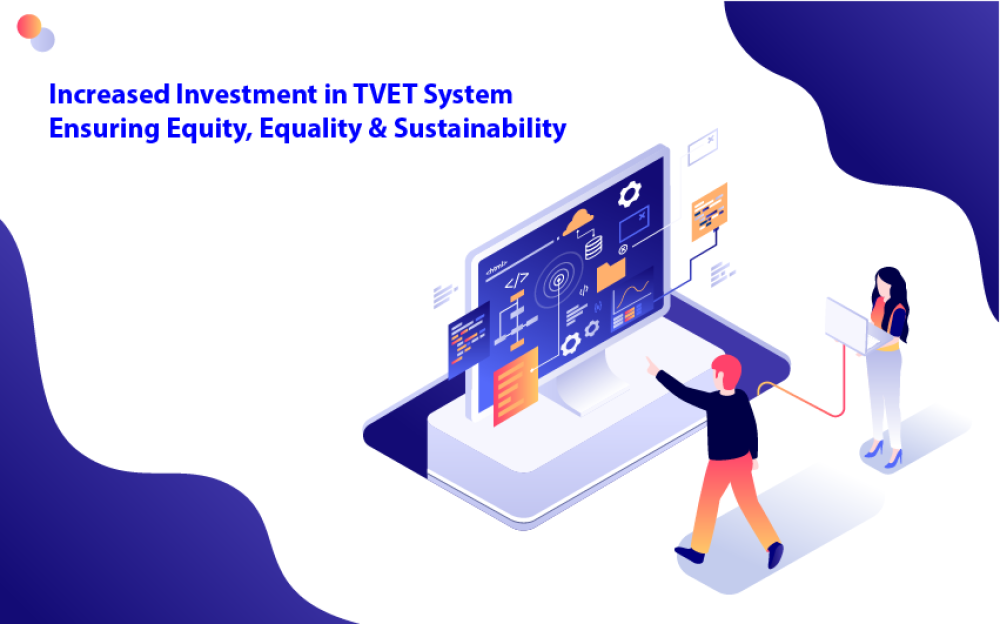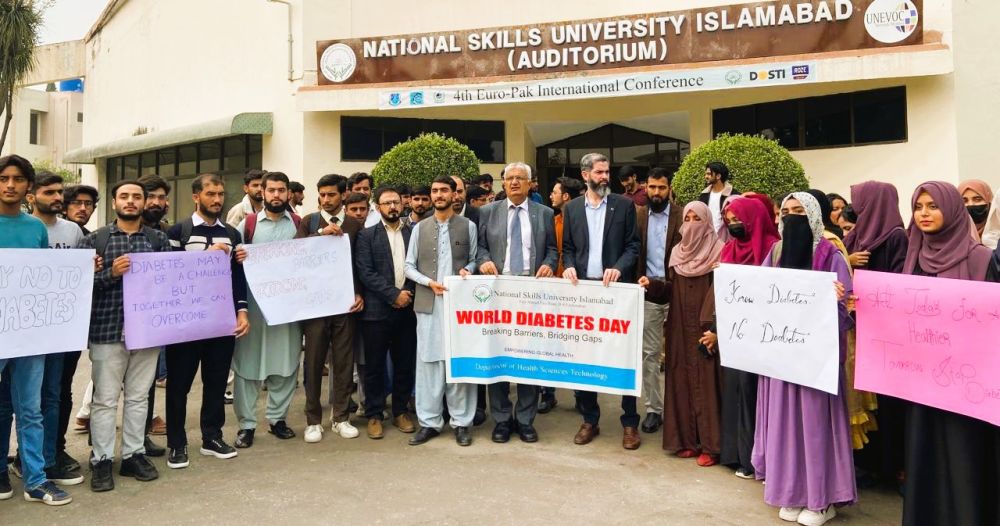Advancing Global TVET: Addressing Challenges and Seizing Opportunities for Sustainable Growth
Posted 1 year ago
Based on data from 87 Member States between 2019 and 2022, a recent UNESCO report highlights advancements and challenges in global Technical and Vocational Education and Training (TVET) systems. These challenges must be addressed to adapt TVET to the rapidly changing labor market.
To tackle these challenges, the report advises increasing investments in TVET, focusing on equity, quality, and sustainability. By enhancing monitoring and evaluation systems, countries can ensure that TVET programs stay aligned with labor market needs while promoting inclusive economic growth.
Key Findingsof the UNESCO Report
The TVET sector has seen notable changes recently, influenced by the COVID-19 pandemic, digital transformation, and the growing importance of lifelong learning. More than 67% of Member States have integrated the 2015 TVET recommendations into their national policies, demonstrating a commitment to using TVET for decent work, sustainable development, and social equity. Key trends identified include expanding online learning, better governance through inter-ministerial collaboration, and a heightened focus on sustainability. Notably, over 68% of Member States have introduced green TVET policies, reflecting a global trend toward sustainable education models.
Strengthening TVET Governance and Public Perception
A key achievement has been the improved coordination between government ministries to enhance TVET governance. According to the report, around 79% of Member States have increased stakeholder engagement, particularly with the private sector, trade unions, and civil society organizations.
Furthermore, the report indicates that 90% of Member States have policies directly or indirectly related to TVET. Many countries have undertaken measures to improve the public perception and appeal of TVET programs, including revising curricula to be more industry-focused. Additionally, various Member States have made training more flexible and accessible to marginalized groups through initiatives like scholarships, free programs, and incentives targeting women and girls.
Addressing Equity and Access
The report shows significant strides have been made in improving access to TVET, with 78% of Member States implementing free training or scholarships for disadvantaged populations. Gender-focused efforts have also increased, with 66% of countries introducing female-friendly facilities or quotas to support women and girls in traditionally male-dominated fields.
The Role of Digitalization and Industry 4.0
Nearly 85% of reporting countries have embraced policies or practices to digitize TVET systems, integrating technology into instruction and administrative functions. Many countries, especially in North America and Western Europe, are aligning their TVET policies with the demands of Industry 4.0, preparing students for the digitalized labor market. These reforms often incorporate work-based learning opportunities, like apprenticeships, in digital industries.
Promoting Lifelong Learning and Flexibility
The concept of lifelong learning has become central to recent TVET reforms, with 74% of countries reporting efforts to extend learning opportunities beyond traditional settings and throughout an individual's life. This reflects the increasing need for flexible, modular learning pathways that allow individuals to upskill or reskill during their careers. TVET systems adapt to the rapidly changing labor market by integrating work-based learning and continuous professional development.
Looking Ahead: Challenges and Opportunities
Although UNESCO report highlights substantial progress, with 75% of Member States incorporating the 2015 TVET recommendations into their policies. Nonetheless, challenges remain, particularly in the Global South, where governance, funding, and inclusion issues are ongoing. The pandemic further accelerated better digital infrastructure, especially in low-income regions with limited access to online learning.
Despite these advancements, improving access for out-of-school youth and those in the informal economy remains challenging. Informal apprenticeships, which play a critical role in many areas, often lack recognition within formal TVET frameworks and need further attention to ensure that all sectors of society benefit.
The report underscores the urgent need for increased investment in TVET systems to address these challenges. It emphasizes the importance of ensuring equity, quality, and sustainability in all aspects of TVET, from governance to curriculum development and delivery.
UNESCO's mission is rooted in the belief that education is a fundamental human right and a crucial driver of inclusive and sustainable societies. Through its various initiatives, research, and collaborations with Member States, UNESCO continues to lead efforts to expand access to education and prepare individuals for success in a rapidly evolving global job market. The insights from this report provide valuable direction for future reforms and innovations in the TVET sector, inspiring hope for a more inclusive and sustainable future.




